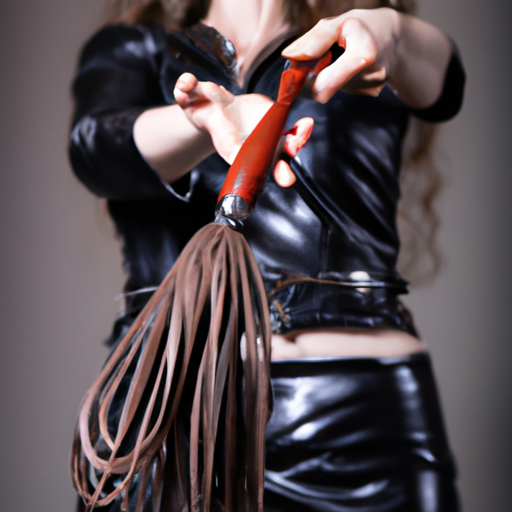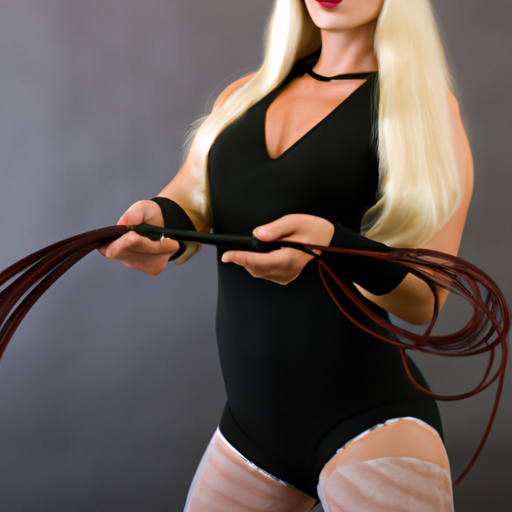How do cam sites handle copyright and intellectual property rights for cam model content?
In the ever-evolving landscape of the internet, the rise of cam sites has sparked debates and discussions regarding various legal and ethical issues. One of the most prominent concerns is how these platforms handle copyright and intellectual property rights for cam model content. In this blog post, we will delve into this complex subject and explore the different approaches taken by cam sites in addressing these matters.

To understand the intricacies of copyright and intellectual property rights in the context of cam model content, it is crucial to first define the nature of these platforms. Cam sites serve as online spaces where individuals, commonly referred to as cam models, perform live shows for viewers, often in exchange for tips or tokens. These shows can range from intimate one-on-one interactions to group performances, catering to a wide array of interests and preferences.
When it comes to copyright and intellectual property, the primary concern lies in the ownership and control of the content produced by cam models during their performances. Traditionally, copyright grants exclusive rights to the creators of original works, allowing them to reproduce, distribute, and publicly display their content. However, the unique nature of cam sites complicates this notion.
Cam model content is typically created in real-time and streamed directly to viewers. While the models retain ownership of their performances, the question arises as to what extent cam sites have control over the distribution and reproduction of these shows. It is important to note that the legal framework surrounding copyright varies across jurisdictions, further adding to the complexity of the issue.
Many cam sites have taken proactive measures to address copyright and intellectual property concerns. These platforms often implement specific terms of service agreements that outline the rights and responsibilities of both the models and the site itself. These agreements typically grant the sites a license to distribute and display the content, ensuring their ability to operate and provide a platform for the models.
However, it is worth noting that the terms of service agreements can vary between different cam sites. Some platforms may have more stringent policies in place to protect the intellectual property rights of the models, while others may have more relaxed regulations. This disparity underscores the importance for both cam models and viewers to carefully review the terms of service before engaging with a particular site.
Additionally, some cam sites have implemented mechanisms to provide models with more control over their content. For example, certain platforms allow models to set restrictions on the distribution and reproduction of their shows. Models can choose to block specific regions or limit the ability to record or screenshot their performances. These features empower the models to exercise greater control over their intellectual property rights.
Furthermore, cam sites often have reporting mechanisms in place to address copyright infringement. If a model believes their content has been unlawfully distributed or reproduced without their consent, they can report the incident to the site’s administrators. The platform will then investigate the claim and take appropriate action to rectify the situation, which may include removing the infringing content and potentially banning the offending user.
In conclusion, cam sites face unique challenges when it comes to handling copyright and intellectual property rights for cam model content. While models retain ownership of their performances, the terms of service agreements and platform-specific policies play a crucial role in determining the extent of control that cam sites have over the distribution and reproduction of this content. By implementing proactive measures, such as licensing agreements, content restrictions, and reporting mechanisms, these platforms aim to strike a balance between protecting the rights of the models and ensuring the functionality of their services. Visit Them.
Are there any interview questions specific to the role of a headmaster-mistress?
In the world of education, the role of a headmaster or headmistress is of utmost importance. They are responsible for leading a school, guiding its staff, and shaping the educational experience of countless students. As such, the interview process for selecting a headmaster or headmistress should be thorough and comprehensive. In this blog post, we will explore whether there are any interview questions specific to the role of a headmaster or headmistress, and delve into the ethical considerations that should be kept in mind throughout the process.

When it comes to interviewing candidates for the position of a headmaster or headmistress, there are certainly questions that can provide valuable insights into their suitability for the role. However, it is important to approach these questions with an ethical lens, ensuring fairness and avoiding any form of discrimination or bias.
One crucial aspect to consider is the candidate’s leadership style. Questions pertaining to their approach to leadership, their ability to motivate and inspire others, and their experience in managing diverse teams can shed light on their potential to lead a school effectively. However, it is important to frame these questions in a way that focuses on the candidate’s skills and qualifications, rather than personal characteristics or biases.
Another key consideration is the candidate’s understanding of educational policies and their ability to implement them within the school. Questions about their familiarity with curriculum development, assessment strategies, and educational trends can help assess their knowledge and commitment to providing a high-quality education. However, it is important to avoid questions that may discriminate against candidates from different educational backgrounds or those with varying teaching philosophies.
Furthermore, the role of a headmaster or headmistress often involves dealing with challenging situations and making difficult decisions. It is crucial to gauge the candidate’s ability to handle conflicts, resolve issues, and create a positive school culture. Questions that explore their problem-solving skills, conflict resolution strategies, and their approach to fostering a nurturing learning environment can provide valuable insights into their suitability for the role. However, it is vital to ensure that these questions do not violate any privacy rights or delve into personal matters.
In addition to the specific questions mentioned above, it is also essential to have a comprehensive interview process that includes behavioral questions, scenario-based questions, and opportunities for candidates to showcase their past achievements and experiences. This allows for a more holistic evaluation of the candidate’s abilities and ensures a fair and ethical selection process.
When conducting interviews for the position of a headmaster or headmistress, it is essential to approach the process with integrity, fairness, and respect for all candidates. It is crucial to avoid any questions that may infringe upon personal rights or perpetuate biases. By focusing on the candidate’s qualifications, skills, and experiences, and by keeping the interview process transparent and unbiased, educational institutions can ensure that they select the most qualified individual to lead their school.
In conclusion, while there may not be any interview questions specific to the role of a headmaster or headmistress, there are certainly questions that can provide valuable insights into a candidate’s suitability for the position. It is crucial to approach these questions ethically, ensuring fairness, respect, and a focus on qualifications and skills. By doing so, educational institutions can ensure that they select the best candidate to lead their school and provide a positive and enriching educational experience for their students.
Post Comment